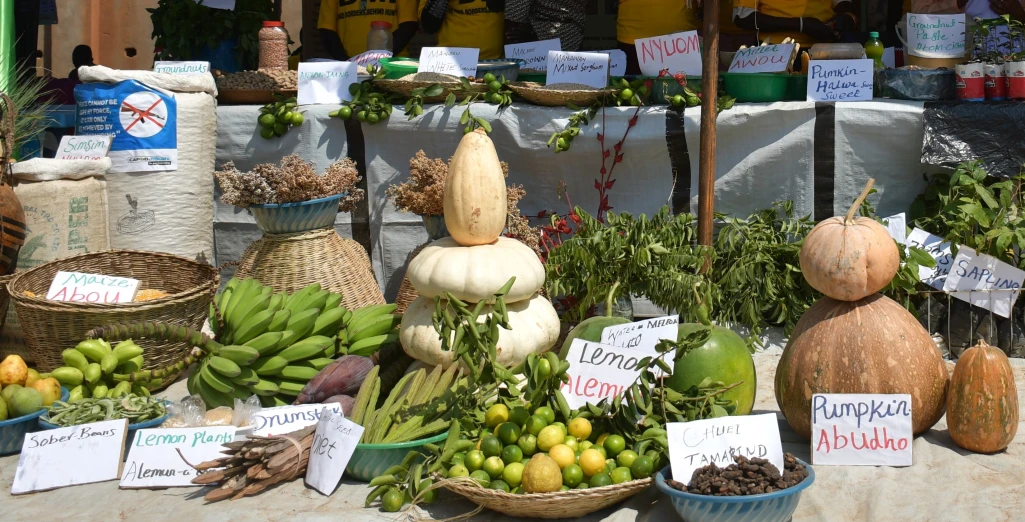
The U.S. Agency for International Development (USAID) says it has signed a four-year agreement with Development Alternatives Incorporated (DAI) to increase resilience through agriculture.
DAI is an American company working in 150 countries across the spectrum of international development contexts, from stable societies and high-growth economies to challenging environments racked by political or military conflict.
The USAID Mission Director in South Sudan, Haven Cruz-Hubbard, said in a press statement released this week that the USAID has identified 13 counties of five states to benefit from the project. Adding that the selected counties are among the poorest, most isolated, and least assisted places in South Sudan.
These include Kapoeta North and Budi in Eastern Equatoria, Akobo, Duk, Uror in Jonglei and Pibor, Leer, Mayendit, and Panyijar in Unity State, Baliet and Ulang in Upper Nile State, Jur River, and Wau counties in Western Bahr-el Ghazal.
Cruz-Hubbard said the aim is to build community and household resilience through multi-layered of assistance to severely underdeveloped counties.
“With ongoing challenges in South Sudan including severe floods, displacement due to community-level conflict and natural disasters, and the economic impacts of COVID-19 and other economic shocks, building resilience is essential,”
“This activity will help households gain skills and create community assets to withstand these shocks without being forced to sell all their assets, and thus help end the vicious cycle of compounding poverty and hunger,” said Cruz-Hubbard.
According to the USAID chief, the new Resilience through Agriculture in South Sudan activity builds on the successes of USAID’s ongoing Policy Leadership, Interactions, Networks and Knowledge (LINK).
Last year, community resilience activity was implemented by DAI, and Sustainable Agriculture for Economic Resiliency activities implemented by the Food and Agriculture Organization of the United Nations since 2017.